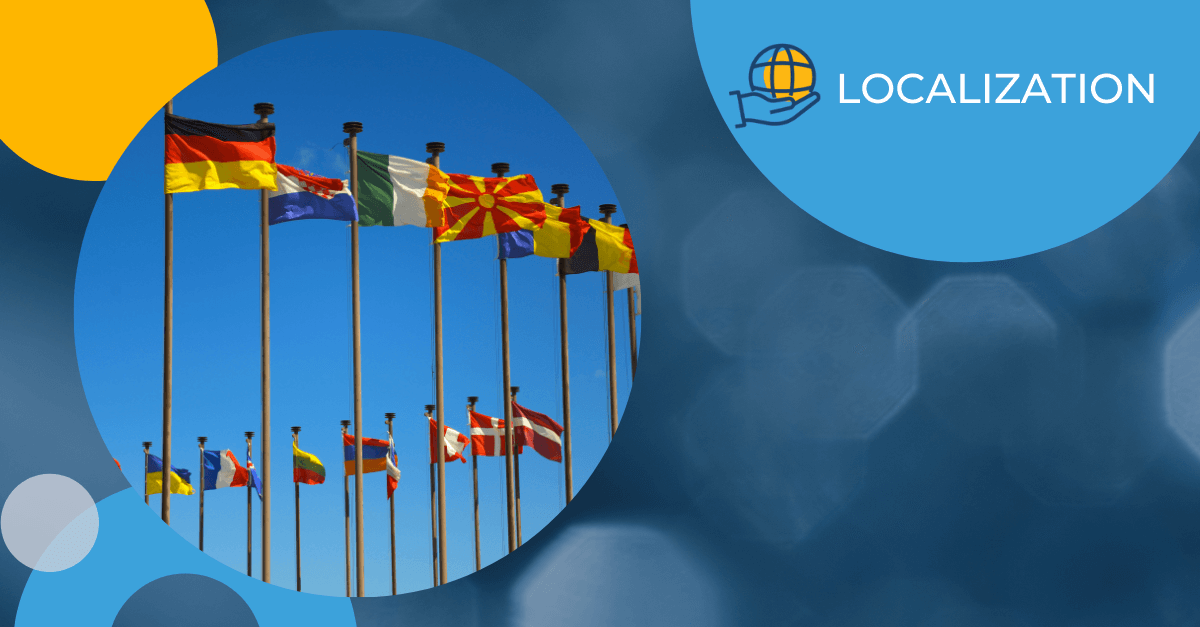For anyone who hasn’t yet been swept up in the Internet of Things media hype: the Internet of Things is the next stage of the technological evolution that is starting to take center stage. This is the process whereby different everyday ‘things’ are connected to the Internet (and more often than not, the cloud,) for a streamlined living experience. This already being used in some industries but is moving to the commercial phase. In the not too distant future, your fridge will be able to detect if your milk is low, or what groceries need to be bought. Then, it will connect to an application or the website of your preferred grocery store and place an order. For this order, your fridge will also be able to access your calendar and will schedule the delivery of the groceries around your meetings and other scheduled events, at a time that is most convenient for you.
This all sounds like science fiction, but the technology for IoT already exists. In fact, last year the research firm Gartner predicted that we are only five to ten years from IoT being a part of our everyday lives. For the developers of Silicon Valley this is great news as there is a wellspring of opportunity for new device application development. However, for the international market the picture is more complicated.
Since the Internet of Things is all about devices communicating with each other, it is essential for each device to speak the same language. For example, if you are in the UK and have set your smart home to perform certain actions when you are a set distance from your home;; when you are 5 miles away the heating should be switched on and the oven preheats. But your oven and thermostat were built in America and are set to miles so they don’t understand the instructions. Local differences in terms of date and time, measurement conversions (imperial vs metric,) and even currency settings will cause a lot of headaches and confusion unless localization is a key part of this process.
Before moving to the international stage, developers and suppliers need to work closely with a specialized localization service provider. This provider must use translators that are native to each target country, and will be able to take into account every detail to provide an optimal, streamlined process.
Contact us for a free quote on how Morningside can help you with your localization needs here.


